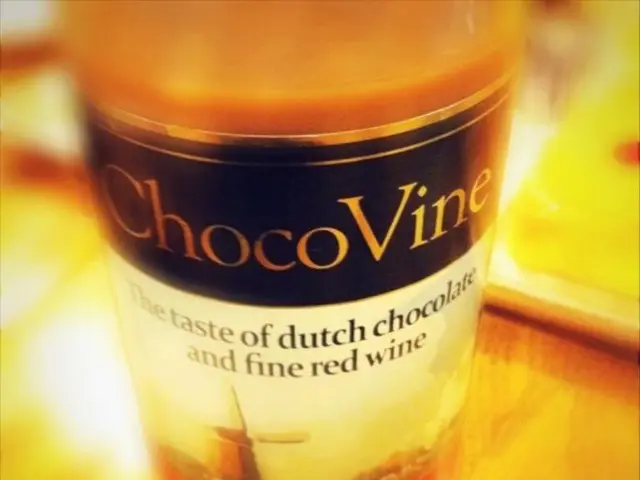Unconventional yet Practical Findings: From cracking eggs by knocking them, roasting coffee in unconventional ways, to diving into pools with bombshell discoveries, these seemingly foolish experiments have surprisingly yielded useful results.
Scientists have a knack for discovering the unexpected and transforming ordinary objects into extraordinary solutions. A recent example of this innovative spirit is the conversion of bras into protective masks, an invention that could have been beneficial during the COVID-19 pandemic.
Over the past three decades, the editors of the American humor magazine Annals of Improbable Research, have been awarding the Ig Nobel Prize to scientists whose inventions might initially seem absurd but end up proving useful or groundbreaking. The prize is given to encourage creativity and to remind researchers that not everything needs to be taken too seriously.
One such astonishing discovery is the strength of an egg's equatorial region, as determined by scientists at the Massachusetts Institute of Technology. By dropping raw chicken eggs repeatedly, the researchers were able to ascertain that the equatorial region is a remarkable shock absorber, able to withstand falls better than other parts of the egg. Consequently, it is proposed that the current packaging methods for eggs are inadequate, leading to eggs being unnecessarily vulnerable.
Another intriguing development stems from Chinese scientists who "inked" tiny creatures known as tardigrades with microscopic tattoos using an electron beam. The purpose of this unusual tactic was to print microchips on living organisms, including bacteria and human cells, with the ultimate goal of creating birobots and extending human lifespans.
Engineers from Stanford University have also made a splash, quite literally, by figuring out the optimal way to dive into water for the biggest splash. Drawing inspiration from "bombing" competitions in New Zealand, the engineers created a movable model, ManuBot, that simulates the body movements of a diver. The study could have applications beyond sport, such as marine engineering, biomechanics, and robotics.
These bizarre yet fascinating findings serve to underscore the importance of maintaining a curious and open mind in scientific research.
In a related vein, researchers at Cornell University have been working diligently to reduce the irritation caused by slicing onions, learning that a sharp knife prevents the release of irritating compounds by cleanly cutting through the fibers.
South Korean scientist Jevon Han was awarded the Ig Nobel Prize for finding that coffee spills the least when it is carried backward, offering practical advice to millions of office workers.
More recently, British scientists, in collaboration with German and Turkish colleagues, have demonstrated that sexual activity may help alleviate nasal congestion, an effect that they are still trying to understand.
One of the most memorable Ig Nobel Prize winners was American Elena Bodnar, who was honored in 2009 for discovering a life-saving use for her bra in smoky fires. By pressing one of the cups against the face, the other can be shared with another person in need. Bodnar later developed an advanced bra-respirator with modifications such as separable cups, special ear hooks, and improved filtering properties.
In Japan, China, and Britain, scientists tested the effects of classical operas on mice and found that their recovery after heart transplants was accelerated compared to mice that did not listen to the operas. This seemingly curious study could offer hope for improved medical recovery using music.
- Science has a unique ability to unearth the unexpected and transform ordinary objects into extraordinary solutions, as demonstrated by the conversion of bras into protective masks.
- The spirit of innovation in science is celebrated through awards like the Ig Nobel Prize, given to inventions that might initially seem absurd but prove useful or groundbreaking.
- An example of this is the discovery of the strength of an egg's equatorial region, which could lead to improvements in egg packaging.
- In another intriguing development, Chinese scientists inked tiny creatures called tardigrades with microscopic tattoos to create birobots and potentially extend human lifespans.
- Engineers from Stanford University found the optimal way to dive into water for the biggest splash, with potential applications beyond sport.
- Maintaining a curious and open mind is crucial in scientific research, as shown by the bizarre yet fascinating findings in areas such as health-and-wellness (onion irritation reduction), fitness-and-exercise (optimal diving technique), mental-health (alleviating nasal congestion through sexual activity), nutrition (effects of classical operas on mouse heart transplant recovery), cooking (practical advice on carrying coffee), and lifestyle (general news about the Ig Nobel Prize winners' inventions).








